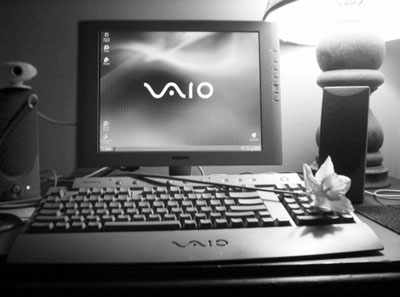All Nonfiction
- Bullying
- Books
- Academic
- Author Interviews
- Celebrity interviews
- College Articles
- College Essays
- Educator of the Year
- Heroes
- Interviews
- Memoir
- Personal Experience
- Sports
- Travel & Culture
All Opinions
- Bullying
- Current Events / Politics
- Discrimination
- Drugs / Alcohol / Smoking
- Entertainment / Celebrities
- Environment
- Love / Relationships
- Movies / Music / TV
- Pop Culture / Trends
- School / College
- Social Issues / Civics
- Spirituality / Religion
- Sports / Hobbies
All Hot Topics
- Bullying
- Community Service
- Environment
- Health
- Letters to the Editor
- Pride & Prejudice
- What Matters
- Back
Summer Guide
- Program Links
- Program Reviews
- Back
College Guide
- College Links
- College Reviews
- College Essays
- College Articles
- Back
The Circle by Dave Eggers MAG
Mae Holland is a 24-year-old woman starting a new job at an extremely innovative and up-and-coming company. The Circle is a powerful and very influential business run and owned by the ingenious Three Wise Men. The Circle drastically revolutionizes the Internet: it boasts one all-encompassing social media network called TruYou, where users provide their real, personal information and thus don’t have to remember several account usernames and passwords.
As Mae begins working in customer experience, she makes friends and meets a few love interests. Over time, she begins to relinquish her old beliefs about privacy and anonymity, and gives into The Circle’s ideology of transparency and truth throughout the world.
The story line, however, soon has readers second-guessing the company’s intentions as it explores the implications of eradicating privacy. The Circle’s constant need for more information and power over people is a great warning for the future – not just in the book, but in real life.
When Mae suggests that all Americans old enough to vote should be forced to become Circle members, the reader and characters around her realize that she is brainwashed. The Circle and its members quietly walk the thin line between a Utopian society and a totalitarian one. While Mae sees this new idea as a step forward toward transparency and peace, some of her loved ones see it for what it really is: creating a world with no privacy or boundaries, and total control by one entity.
Having access to information about anyone and everyone may seem great in theory – it would be easy to find missing people or track down criminals on the run – but it also has drawbacks. If personal information landed in the wrong hands, it could be disastrous for humankind.
Eggers masterfully explores these difficult topics through his protagonist. When Mae decides that she wants to use an ex-boyfriend, Mercer, for a presentation, she needs The Circle’s help to find him. They do almost instantly, even though he had gone off the grid to avoid engaging in TruYou. Despite her attempts to convince Mercer to become involved with The Circle, she soon realizes she cannot change his mind about the company and its technology.
Throughout the book, I kept feeling a sense of déja vu. And then, in one of the critical scenes near the end, I realized how similar this book is to 1984 by George Orwell. The endings, themes addressed (such as love, trust, and truth), and treatment of the protagonists are very similar.
The Circle should serve as a warning to the present and the future world. Technology and information can be powerful and extremely helpful. However, if they are used in the wrong way, or for the wrong reasons, they can be very dangerous. Eggers also warns the readers of the dangers of conformity. He creates a world and a company where individuality and openness is celebrated and encouraged. But we eventually see that everyone at The Circle wants to be transparent and watch the lives of other transparent people as entertainment.
This book, much like the fictional company within it, is informative, shocking, and brilliant.

Similar Articles
JOIN THE DISCUSSION
This article has 0 comments.
